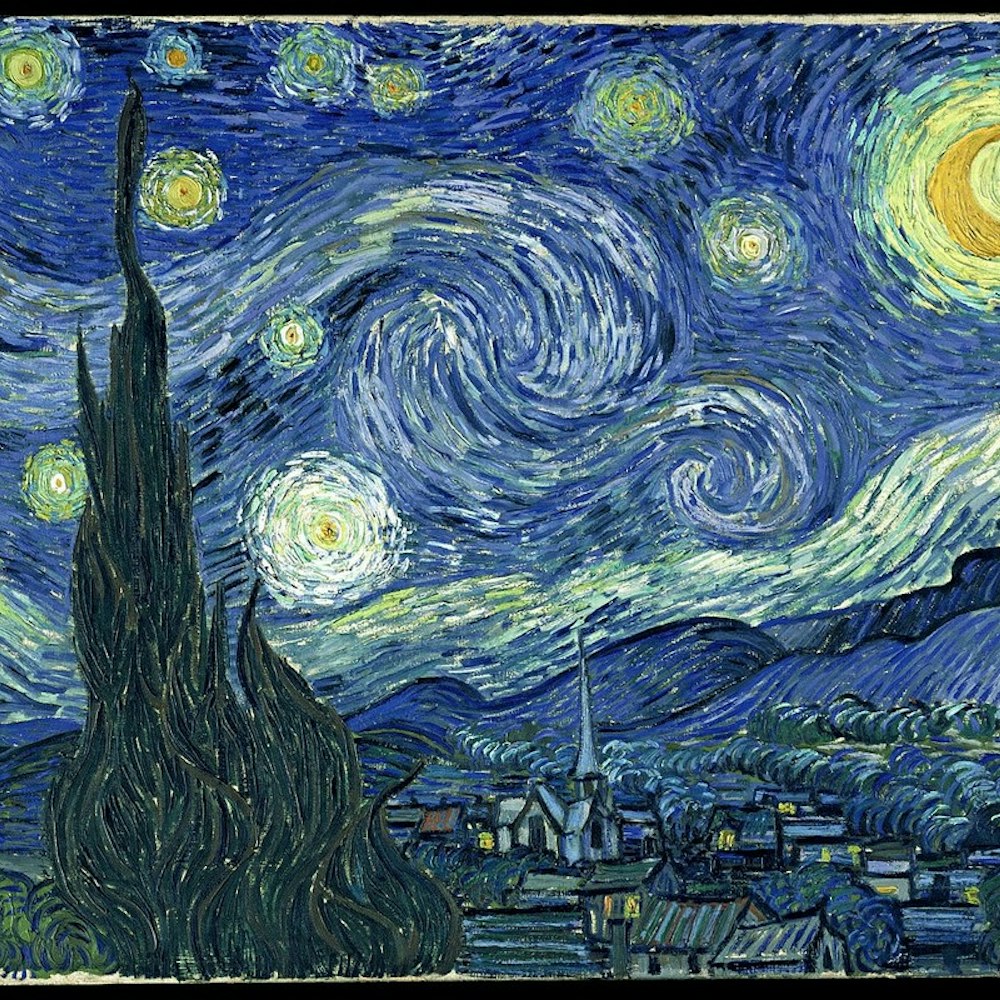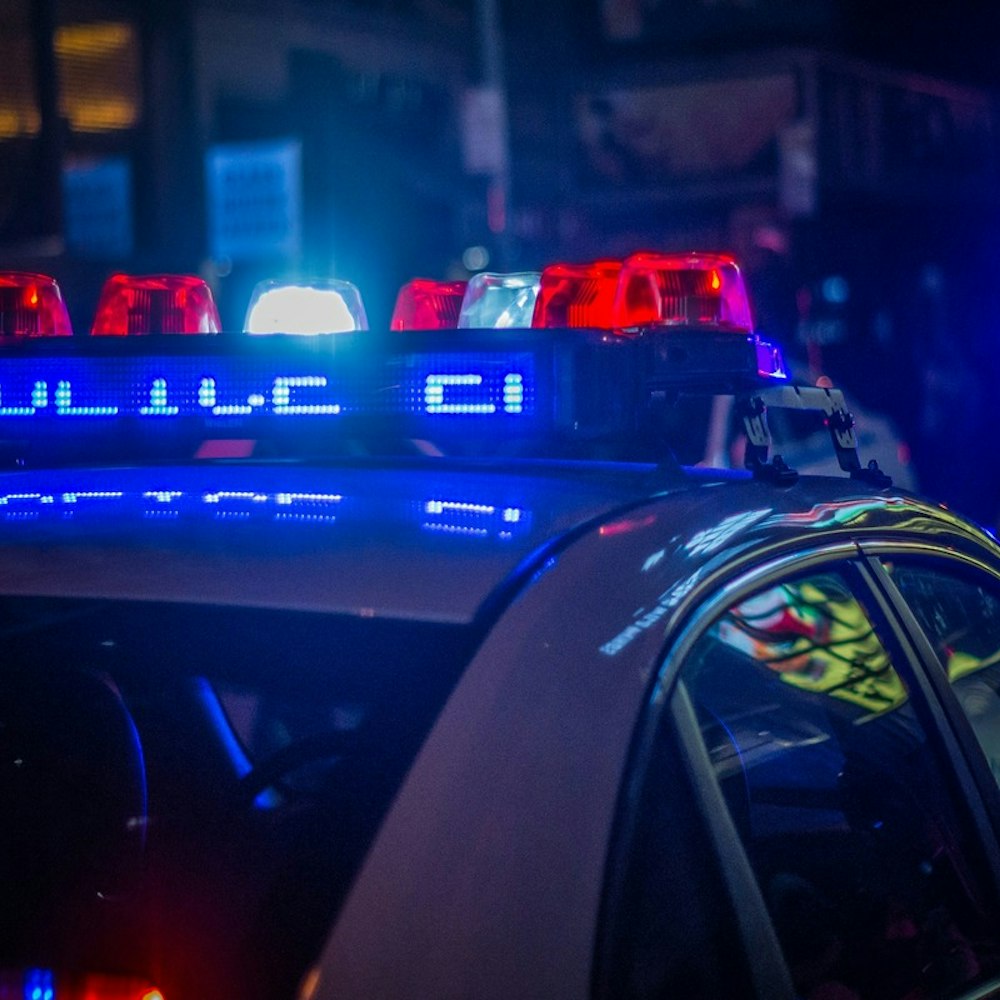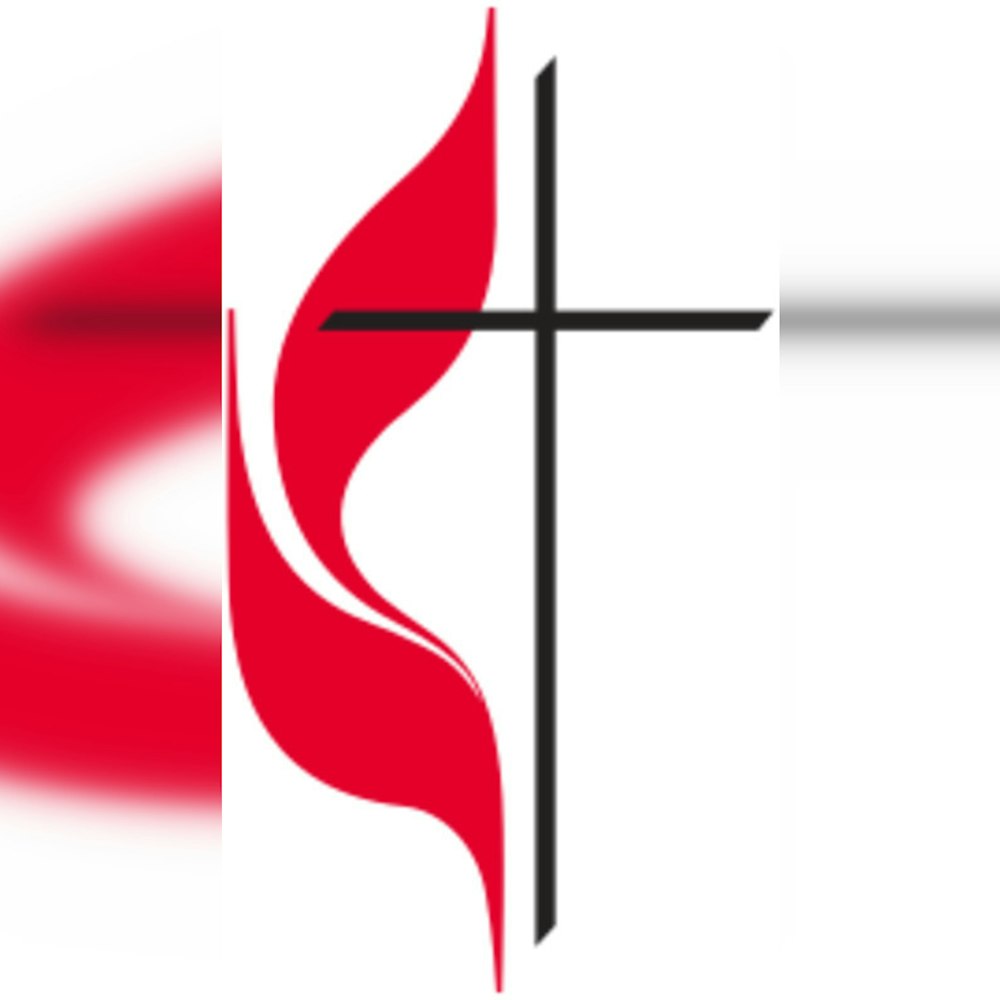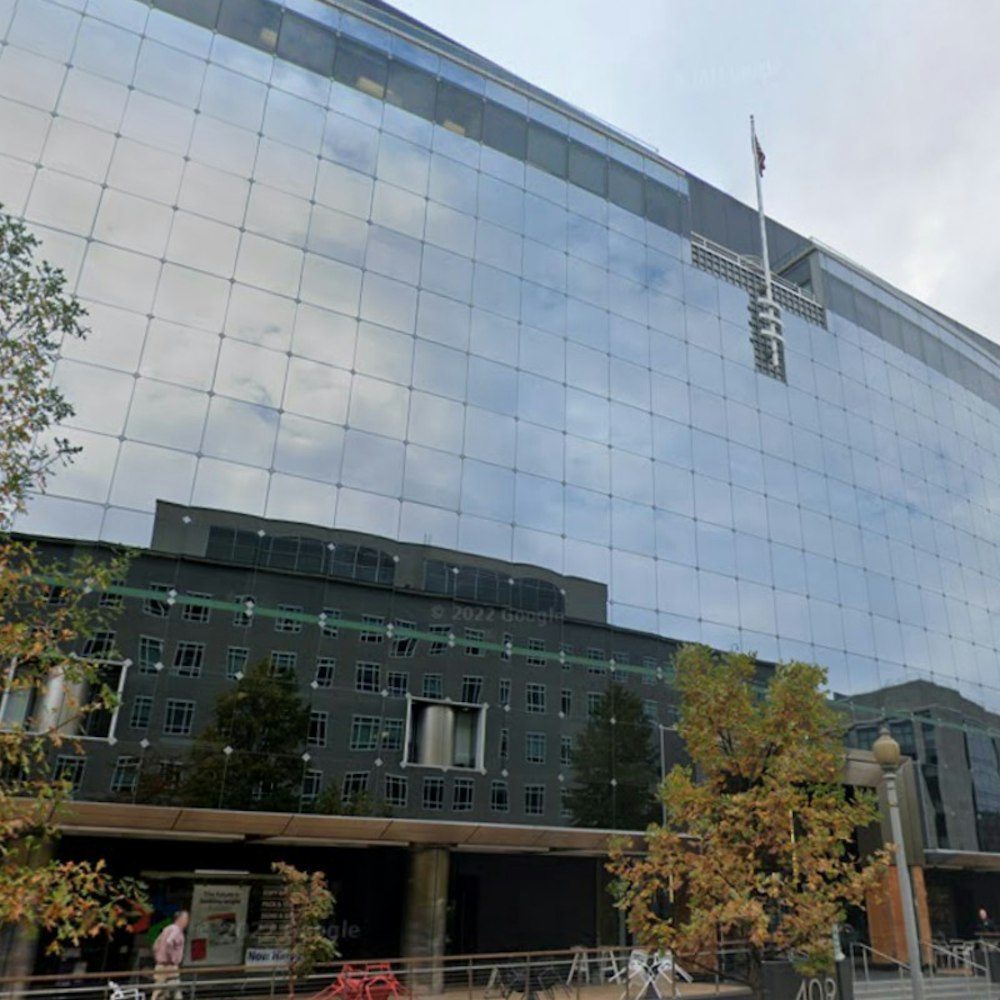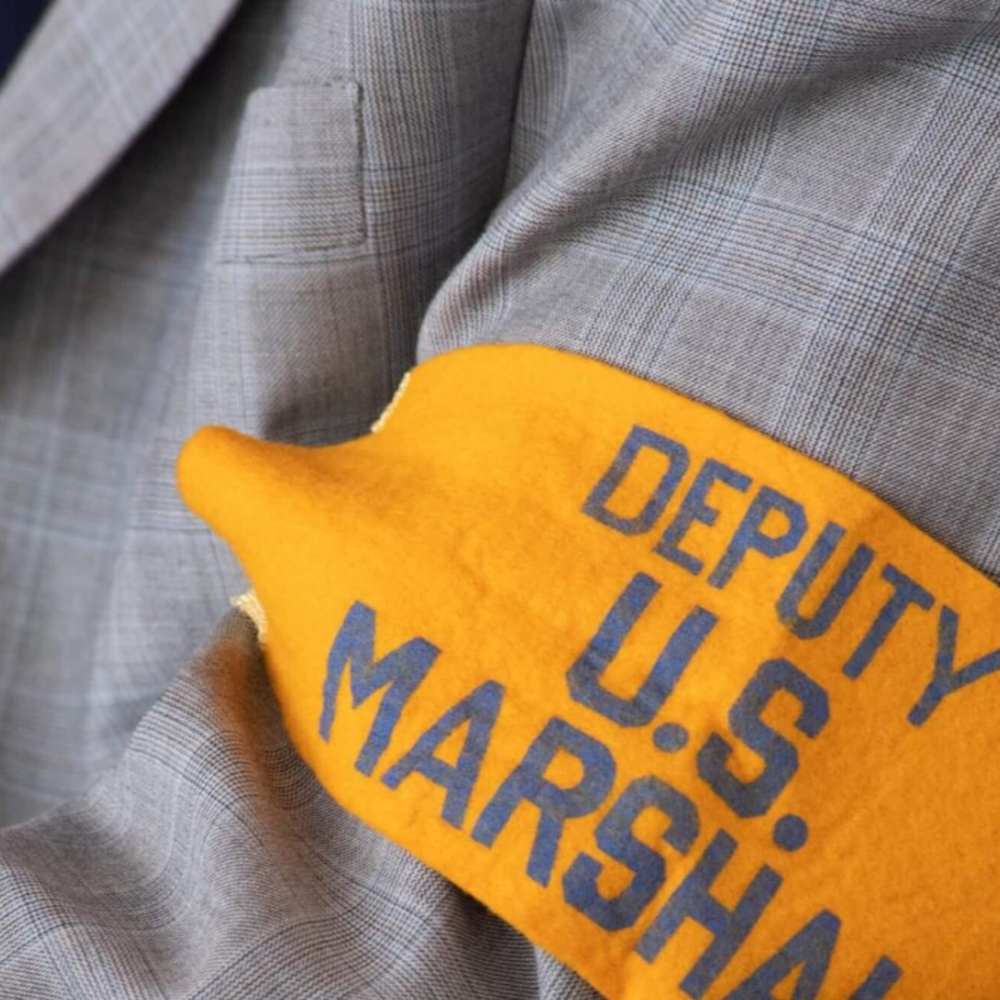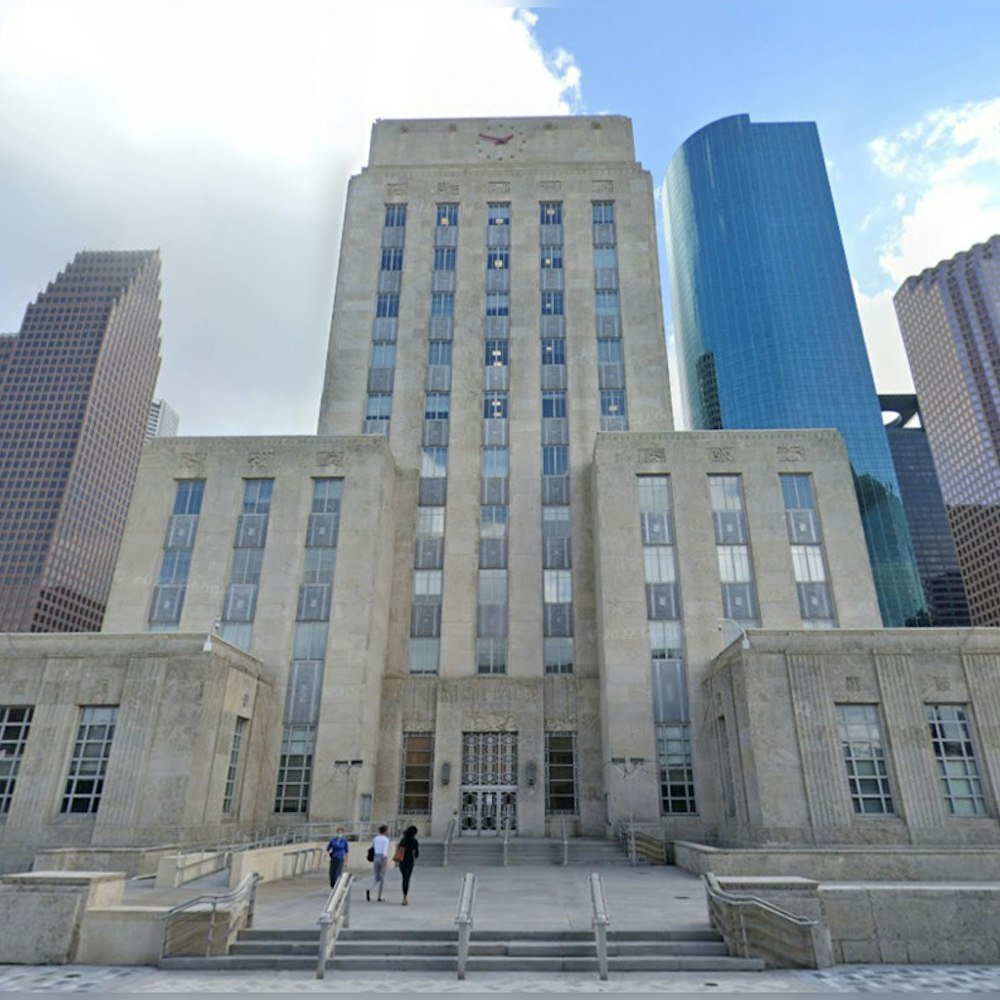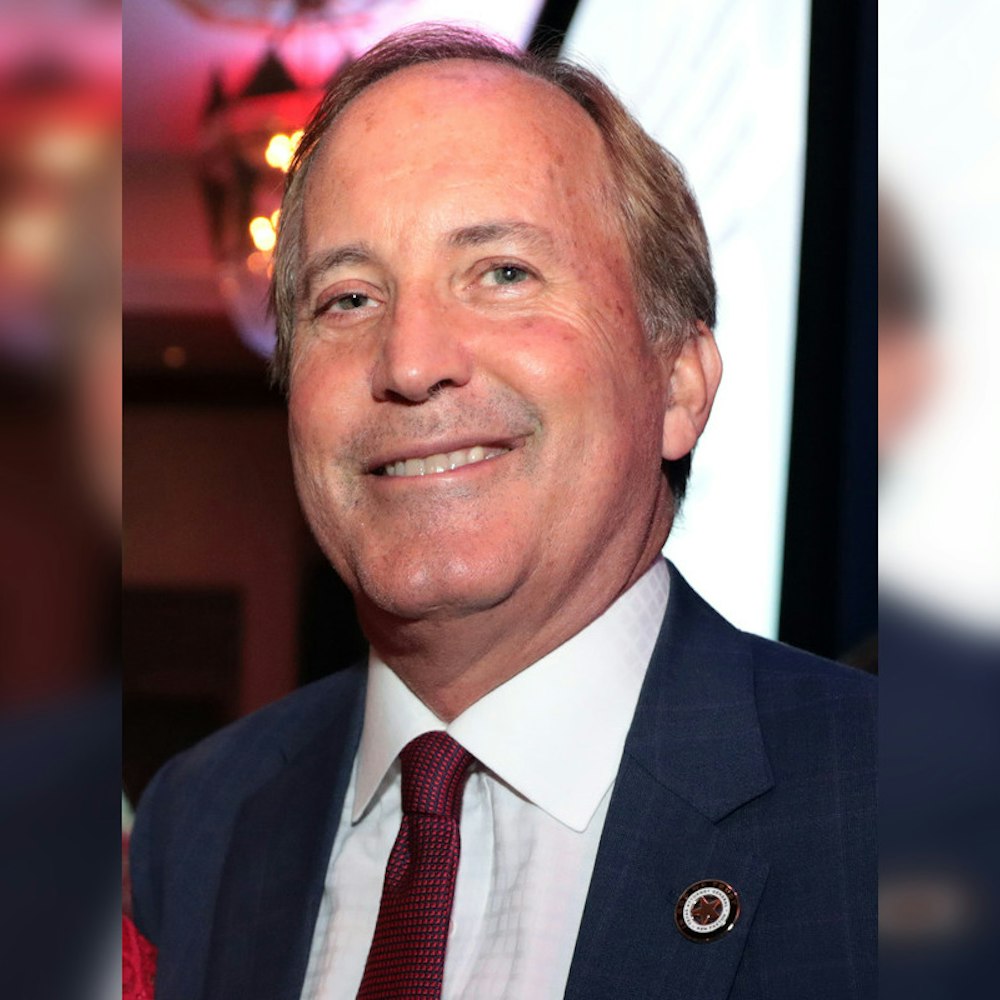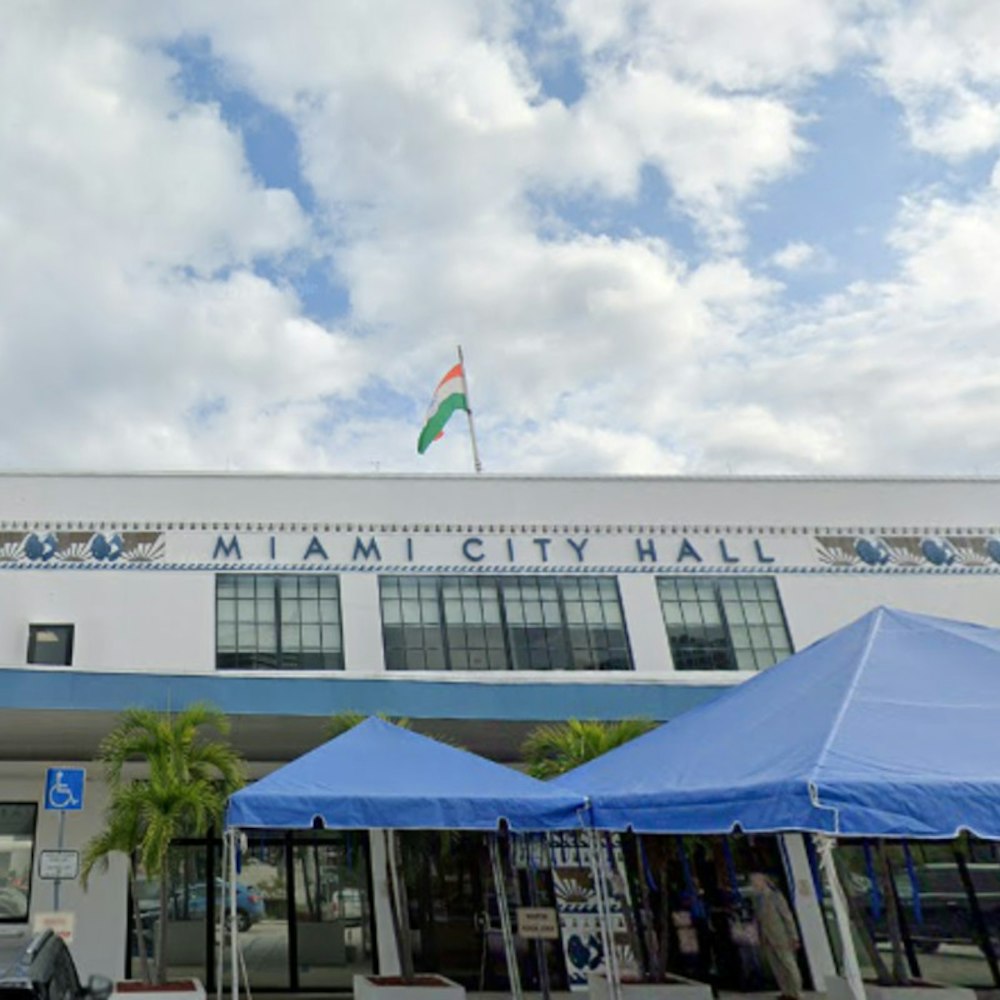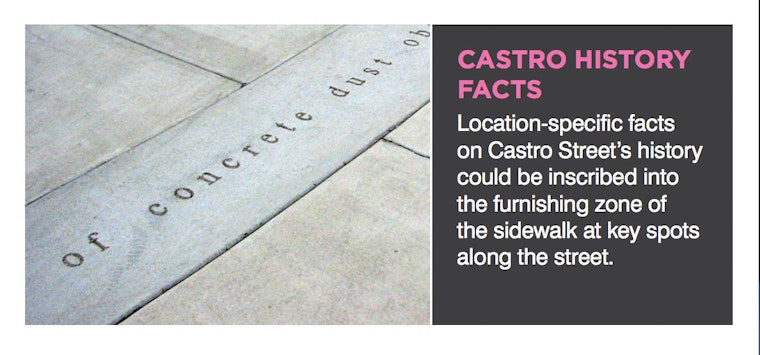
Historical etchings will be embedded into the upcoming new sidewalks as part of the Castro Streetscape Improvement Project currently underway in the Castro.
The Castro / Upper Market Community Benefit District, which offered to pay for the etchings and other improvements after a budget shortfall, will be holding a meeting this afternoon at 12 noon to finalize what text is going to make the cut April 10th, 2014, at 6PM at 501 Castro Street, 2nd Floor, to allow for public comment on the sidewalk etchings. Andrea Aiello, Executive Director of the CBD, responded to an email from us inquiring about the initial meeting time of today at noon and noted that the meeting would be rescheduled to offer the public a more convenient meeting time (monthly Board of Director's meetings start at 6PM and every CBD meeting is open to the public).
Some community members are upset that the public hasn't been more involved in deciding what text gets stamped into the pavement and feel as though the CBD has purposefully kept the whole matter veiled.
Trey Allen, a community activist who first appeared on the activist scene during the nudity ban controversy, setup a Facebook Event letting people know about the meeting that was originally scheduled for today and encouraged people to attend and also questioned the intentions of the board and their processes. Amongst his claims are that the CBD will be "whitewashing" the community's LGBT history. During a CBD board meeting on January 9th, 2014, Allen claims a CBD board member mentioned, "I'm for the etchings as long as there isn't any controversial history." Aiello did not confirm this when we emailed her.
LGBT and housing rights activist Tommi Mecca wrote about the alleged "whitewashing" of Castro's already controversial history, "I'm sure they will censor out anything that they feel is too controversial (like the fight against racism at the bars or the police riot in 1989) or [anything] unappealing to the masses (like the nudity and sexuality) to sell their image of the Castro as this sanitized stop on the way to the Marina."
Allen is also claiming that the CBD did not offer the public enough time to prepare for the meeting and holds their public meetings at an inconvenient time for concerned Castro-area citizens (12 noon). The CBD sent out an email on Wednesday, March 28, 2014, to folks subscribed to their email list that the Monday meeting would be "finalizing the proposed historic text to be etched into the sidewalk." Allen mentions that Supervisor Scott Wiener has been granted the authority to make the final decision on which texts will (or will not be) etched into the Castro's sidewalks.
We reached out to Scott Wiener and Andrea Aiello who tell a different story.
Supervisor Scott Wiener responded to our email mentioning that he is not making any decisions on the text being approved. "Just like I didn't decide who would be honored as part of the Rainbow Honor Walk," wrote the Supervisor.
Andrea Aiello responded back to our email writing that the agenda item for the sidewalk etchings has been on the docket for the January and February Board of Directors meetings which are always open to the public. Moving the item from today's meeting to the Board of Director's meeting on the 10th does seem to be in response to Allen's outcry that the noon meeting time was inconvenient for concerned citizens. With regards to the openness of the process Aiello wrote, "There will be ample opportunity for public comment. There is a very good chance that no decisions will be made at the April board meeting. This issue is too important and really [too] detailed to make quick decisions on [at this point]. We never had the intention of making a decision by the April board meeting. The intent was always to develop some process to allow a significant amount of public comment."
With regard to what text will be included, Aiello mentioned that a member of the Planning Department staff has been researching the history of the area and is compiling a list of text. "He has had input from GLBT Historical Society, he has done quite a bit of research," wrote Aiello. Aiello also mentioned that she has reached out to Castro-area LGBT activists and historical figures for their input. Half of the etchings will be about the pre-gay history of the Castro (Native American, Spanish, Swedish, and Catholic histories) and half will be about the LGBT history of the Castro. The budget allows for 20 pieces of text. Each text will surround the Eastside and the Westside of each tree (building-side and curb-side) and will be set in chronological order to make it a sort of history walk.
Aiello mentioned that the process will take some time before they finalize their decision, "This is a work in progress and the work is tedious at times and very slow."
If you want to be involved in the process of selecting which text will get stamped into Castro sidewalks it seems like there will be ample opportunity to get involved and have your voice heard.
